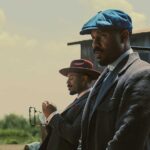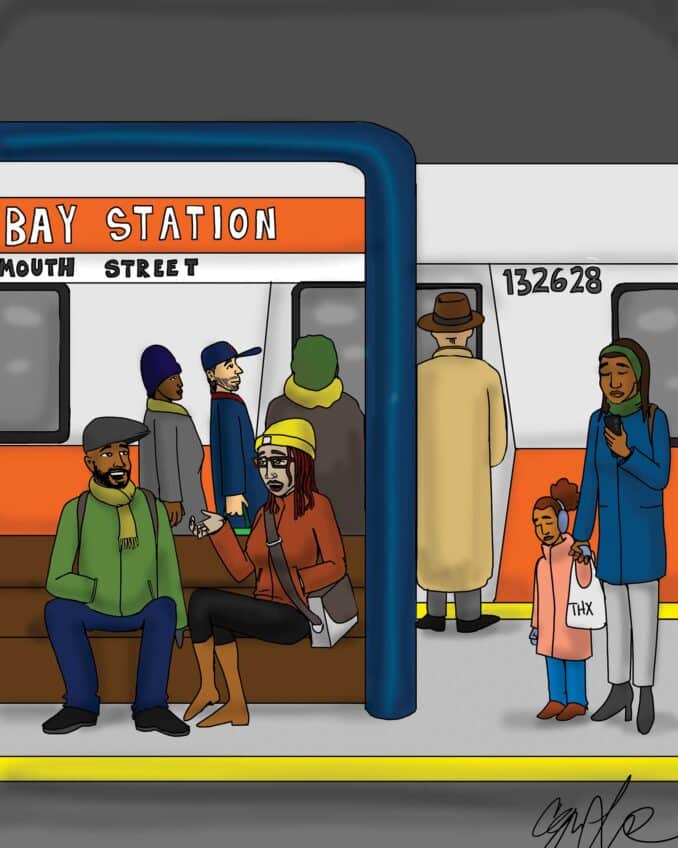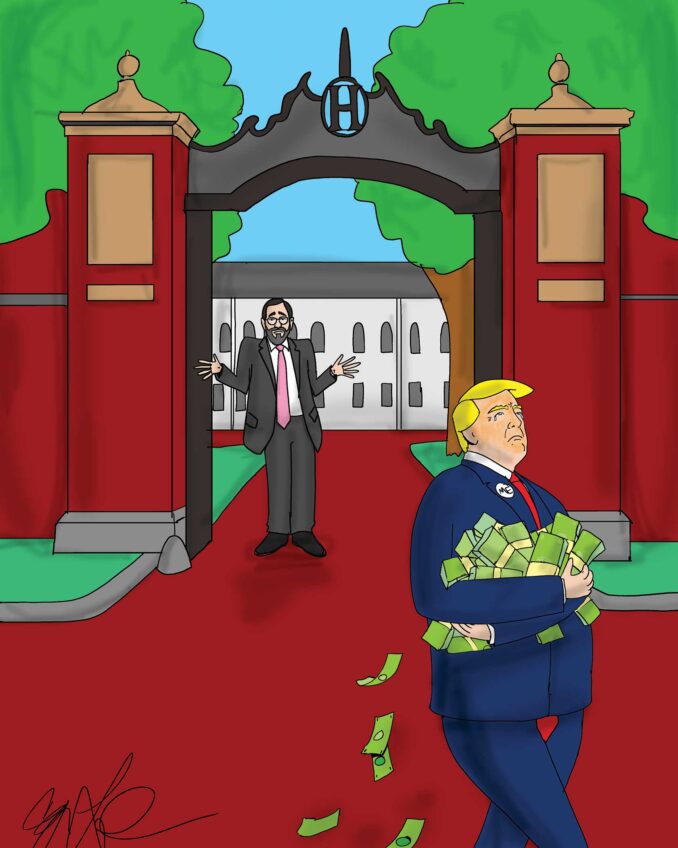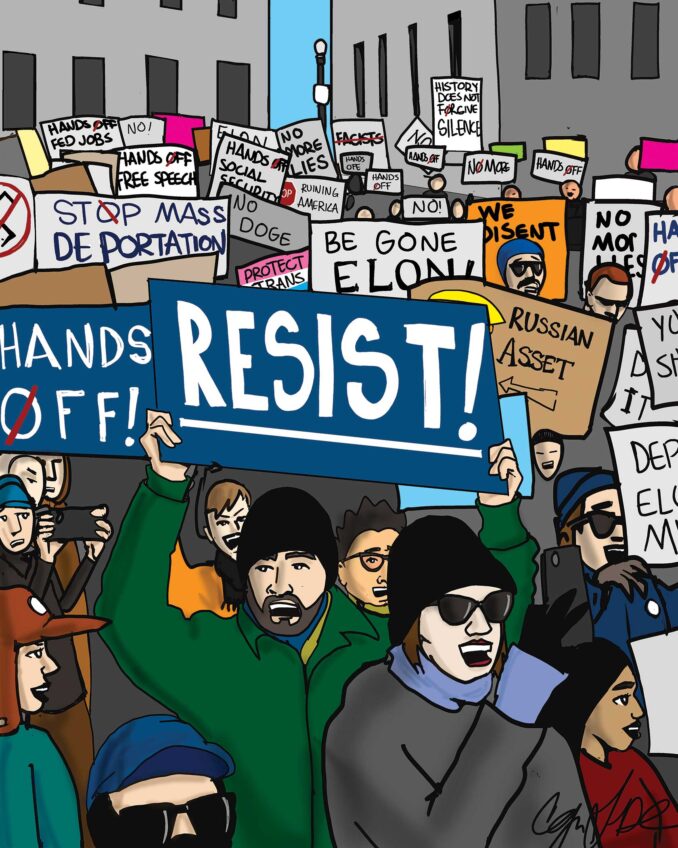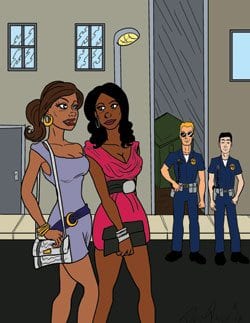
|
NEWS NOTE: The New York Police conducted 686,724 stop and frisk encounters last year. |
An unconstitutional standard
In New York City, a black or Latino male between the ages of 14 and 24 has a great likelihood of being stopped by the police and frisked for weapons or drugs. All it takes to run afoul of the law, according to police reports, is to be guilty of “furtive movements.”
After the outrageous shooting of Amadou Diallo, an unarmed black street peddler, in the Bronx in 1999, police have been required to report every stop and frisk. The number of reports has been climbing from a low of 97,200 in 2002 to 203,500 for only the first three months (January-March) of this year. Civil libertarians in New York now protest that the practice has become excessive.
A recent study by the New York Civil Liberties Union reported that in 2011, young black and Latino men accounted for only 4.7 percent of the city’s population but were 41.6 percent of the stops in 2011. There were 686,724 stop and frisk encounters last year. If the practice continues at the same rate as the first three months of 2012, the total for the year will be 814,000, a new high.
Opponents of stop and frisk assert that it violates the civil rights of blacks and Latinos since they are so disproportionately the ones stopped. However, proponents counter that murder and other violent crimes have declined as a result, especially in minority neighborhoods.
While the murder rate has declined over the years, police records indicate that 780 guns were seized in 2012 with 686,724 stops. With only 160,851 stop and frisk encounters in 2003, police seized 604 guns. In 2003, the police were clearly more efficient in removing guns from the streets.
The police have always had the right to stop and frisk citizens in order to prevent crimes as long as there was probable cause. And citizens have the right to be safe and secure from undue official interference. The question is what constitutes probable cause? “Furtive movements” hardly satisfies a reasonable standard.
One aspect of an inappropriate stop and search that is rarely discussed is the psychological impact on the victim. With so much attention being paid to bullying at school, one wonders why the issue of bullying by the police could be so ignored. Anyone who has ever witnessed a police stop and search should understand how humiliating it is for the victim. It is not uncommon for a young man to be enraged by the experience.
First of all, a stop and search is a public event. The police approach the person like he is a dangerous criminal. He has to lean with his hands against a wall or the police car while the officers pat him down and search through his pockets or any bag he may be carrying. People stop and stare. The whole incident is, at the very least, embarrassing. Even worse, the victim’s manhood has been defiled.
A stop and search tends to make the powerless feel absolutely impotent. It is no wonder that some minority youth feel compelled to organize in gangs and engage in, what they believe to be, acts of daring to re-establish their manliness. Then the whole community suffers.
It is clear that the overwhelming majority of youth who suffer the humiliating experience of a stop and search are innocent. Indeed the police need the authority to stop and search private citizens, but there must be a standard that protects the individual’s constitutional rights against an unreasonable detainment and invasion of his person.



